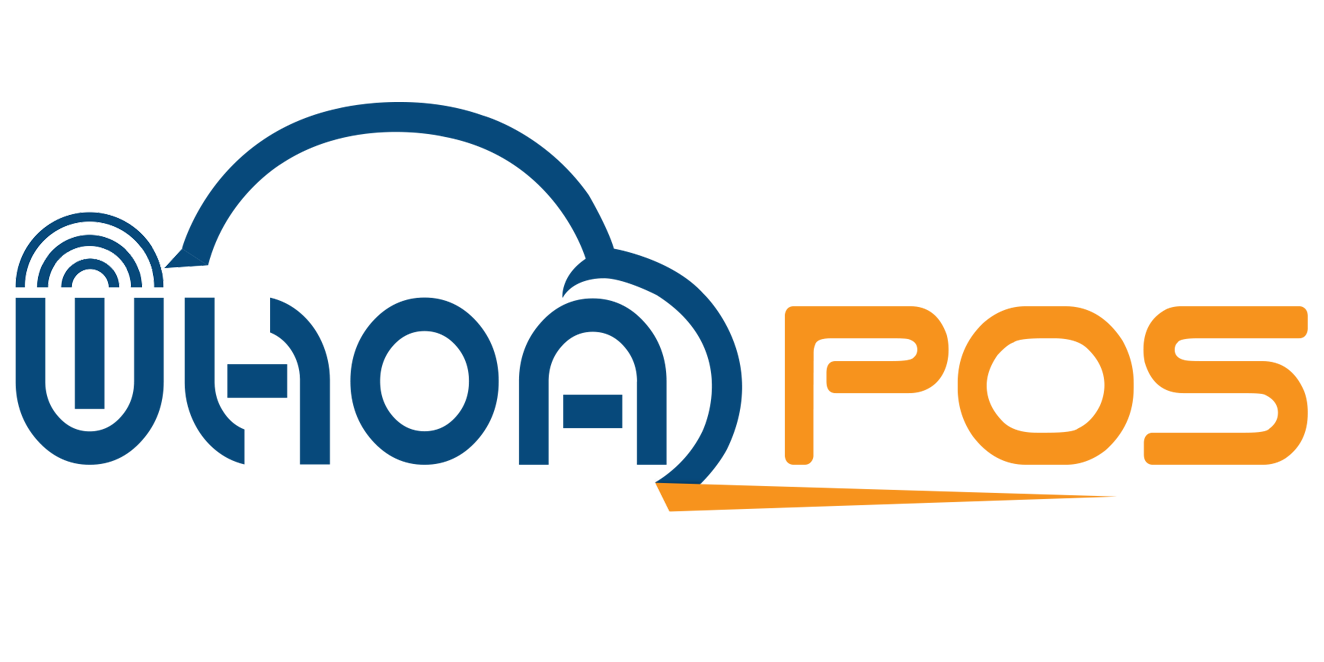The Distinctions Between Information Technology as well as Computer Science: A Evaluation Analysis
Information Technology (IT) in addition to Computer Science (CS) are usually two distinct yet related fields that play crucial roles in the modern digital landscape. Although they often overlap within their applications and career options, they differ significantly into their focus, methodologies, and ambitions. This comparative analysis aims to elucidate the distinctions among IT and CS, offering a clearer understanding of their unique efforts to the technology sector.
Pc Science is fundamentally the learning of computers and computational systems. It encompasses typically the theoretical foundations of information and also computation, taking an subjective approach to understanding how computers resolve problems. CS is deeply rooted in mathematics as well as logic, and it involves the look and analysis of codes, data structures, and the key points of programming languages. Area also covers areas like artificial intelligence, machine learning, cryptography, and computational difficulty.
In contrast, Information Technology is more application-oriented, focusing on the utilization and managing of computer systems to solve organization and organizational challenges. THE IDEA professionals are concerned with the functional implementation, support, and maintenance associated with technology infrastructures. This includes system administration, database management, cybersecurity, and IT support services. THAT encompasses a wide array of technological innovation and systems that assist in the storage, retrieval, and transmission of information.
One of the primary differences between IT and CS lies in their educational curricula. Computer Science programs commonly emphasize theoretical knowledge as well as problem-solving skills. Courses in a CS curriculum include sophisticated mathematics, algorithms, computer structures, software engineering, and several specialized topics such as graphics, robotics, and natural dialect processing. The goal is to equip students with the ability to realize and create new computing systems and to contribute to the advancement with the field through research along with innovation.
On the other hand, Information Technology courses focus on the practical skills needed to manage and apply computer systems in real-world environments. The IT curriculum often includes courses on multilevel configuration, database management, devices analysis, and information security. THAT students learn to apply current technologies to meet the needs of organizations, ensuring that systems manage efficiently and securely. The actual emphasis is on hands-on experience and the ability to troubleshoot and solve technical issues.
Another key difference involving IT and CS will be their approach to problem-solving. Computer scientists often engage in summary and theoretical problem-solving, seeking to develop new algorithms or perhaps computational methods that can be used across various domains. Some may work on optimizing algorithms regarding faster data processing as well as creating new programming paradigms to enhance software development.
In comparison, IT professionals typically focus on concrete, practical problems within a specific organizational context. They could be responsible for ensuring that a company’s network infrastructure is powerful and secure, or that its data management programs are effective and compliant with regulations. The work of IT experts is often more immediate along with hands-on, requiring them to speedily diagnose and resolve troubles to maintain operational continuity.
The career paths available in each arena also reflect these distinctions. Computer Science graduates generally pursue roles as application developers, data scientists, methods analysts, or research scientists. These positions generally entail significant programming, mathematical modeling, and algorithmic design. They might work in industries starting from tech giants and startups to academic and governments research institutions, where they will contribute to the development of new technology and computational theories.
I . t graduates, on the other hand, frequently get employment as network administrators, IT support specialists, cybersecurity analysts, and systems supervisors. Their roles typically provide for the implementation, maintenance, as well as security of technology systems. They work across various sectors, https://classicalwisdom.com/forums/topic/letter-of-recommendation/ including healthcare, economic, education, and government, ensuring that technology systems are trustworthy, efficient, and secure.
Often the interplay between IT and also CS is also significant. Whilst CS provides the foundational studies and innovations that push technological advancements, IT specialists apply these advancements to produce practical solutions that cater to businesses and society. For example, advancements in artificial intelligence and machine learning developed by computer scientists can be applied by IT professionals to enhance records analytics, automate processes, along with improve decision-making within companies.
Despite their differences, THE IDEA and CS share a standard goal of leveraging technology to solve problems and boost human life. Both fields require strong analytical as well as technical skills, and professionals in each must stay on top of of rapidly evolving technology and trends. Collaboration in between IT and CS experts is often essential, particularly in multidisciplinary projects that require equally theoretical innovation and functional implementation.
As the technology landscape continues to evolve, the variances between Information Technology and Computer system Science may blur further more, with increasing overlap with areas such as cybersecurity, records science, and cloud computer. However , the core variations in their focus and techniques will remain, with Computer Scientific disciplines continuing to push the borders of what is computationally probable, and Information Technology ensuring that these kind of possibilities are realized as well as effectively utilized in the real world. Understanding these distinctions is crucial for individuals, educators, and professionals since they navigate the opportunities and challenges within these vibrant fields.

No Comments